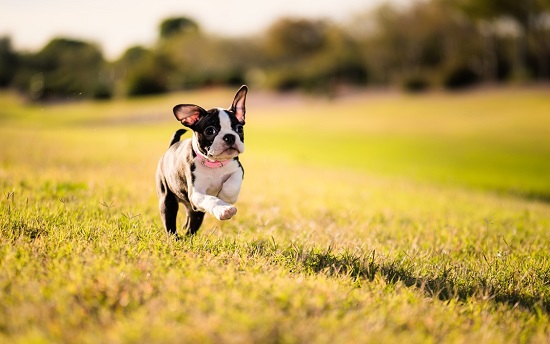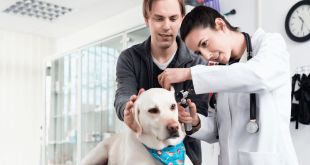To take care of baby dogs is like taking care of a child, and it is significant to know their characteristics. You can always seek the help of an animal expert or vet to guide you with this.
Being a dog parent, it is crucial that you understand their basic needs. Now, the question arises what the characteristics of a baby dog are?
Let’s explore how your pup will grow and what development you can expect – physical and behavioral.
Birth to two weeks
The youngest age of a dog is when the puppies are small and are dependent on their mother for food and care. The dog babies are so tiny they need their mom to keep themselves clean and even move. They can barely see and use the sense of smell to trace their mom.
Week 2 to week 4
The transitional age of puppies is when they are cutest looking and are more aware of their surroundings. Their eye opens slowly. So, the vision helps them see and explore everything.
The sense of smell increases and they can walk, wag their tails, and even hear. Around the third week, they move from mother’s milk to semi-solid food.
Week 3rd onwards
The right time to start the immunizations and socialization of dogs. At this age of a dog, the pup grows fast both physically and behaviorally.
They learn to explore more social aspects of the environment, play with other puppies, bark, and growl. Remember that the traits of the mother directly reflect the puppy’s behavior.
When you start socializing this age puppies, their original breed characteristics show prominently. Therefore, if they are sporty and playful breeds, they tend to become active, and on the contrary, if they are not an active breed, they will stay less athletic.
From the 6th week since their birth, you can start potty training your pups and begin with formal training that includes single-word commands.
Read Also: Puppy Training – How Do You Train Your Dog In Basic Life Skills
Week 6 to 12
The adolescent age is the youth period of any dog. They are highly active, smart, and social animals by this age. You can continue training the dog at this age and help them socialize better by interacting with new people at parks and beaches.
The food intake of your dog increases, and you can explore new foods and treats. The dental area becomes strong. So, they are great at biting and chewing hard food like bones. Start with regular walks, vet visits, and immunization at this age. Always treat them with love and appreciation.
One year and above
A fully adult dog is when your dog reaches age one and above. The dogs start showing all characters of their breed and learn all the basic commands.
Socially, dogs of this age are perfect as they know how to behave around strangers, children, and the elderly. They develop a bond with their family members and friends and show affection and loyalty.
Depending on the health and breed of the dog, you can consider mating your pet with the opposite gender.
Important note
Always ensure the health and wellness of your dog by visiting the vet. Include health supplements with healthy food and treats. Socialization and training should start as early as possible.
If you are considering house training for pups, you can work out the schedule within five weeks after birth. Never separate the puppy from its siblings or mother before the first 8th weeks of their age. Initiate the training by introducing things like the leash and the collar.
Start calling the name of the puppy. Always shower praises and food treats as rewards and encouragement. For socialization, you need to get your puppies vaccinated first. Puppies are prone to diseases that can turn fatal to their health.
Ongoing training is essential. It will help in building a strong bond between the human members of your family and other pets. You can see results in 1 or 2 years. By 1 or 2 years of age, your dog will be an adult.
Last but not least, make sure to discuss any concerns or queries regarding the health of your pup with your veterinarian.
 DogExpress
DogExpress




















 in Chandigarh, India.
in Chandigarh, India. 

